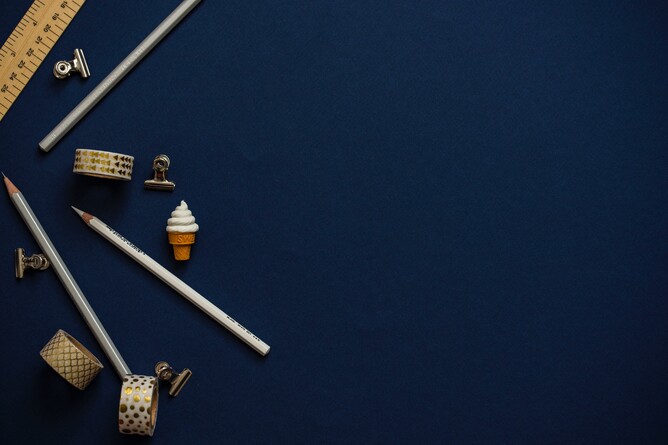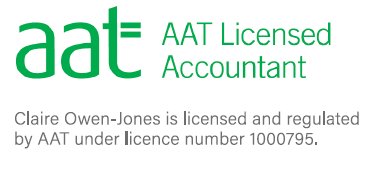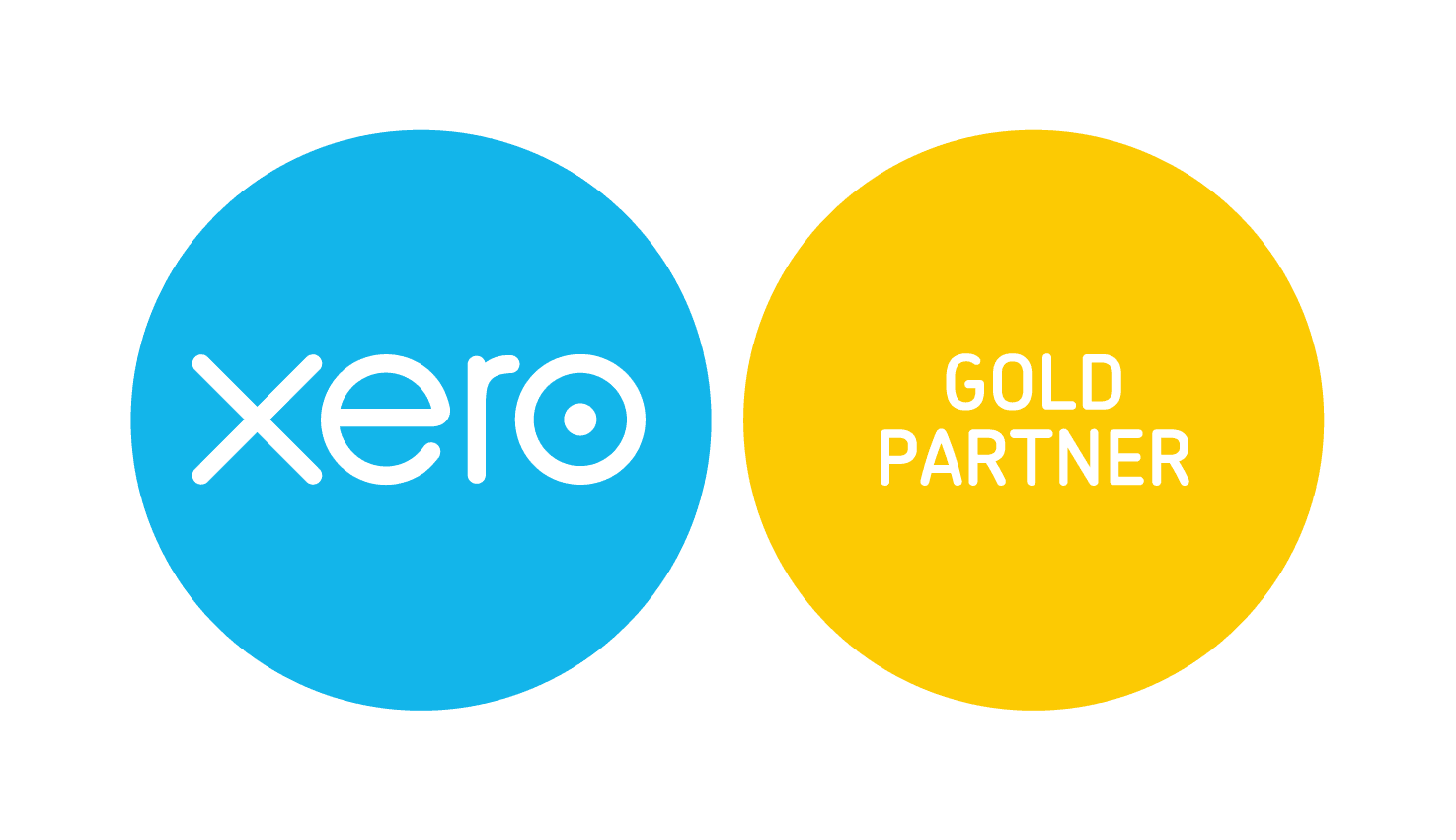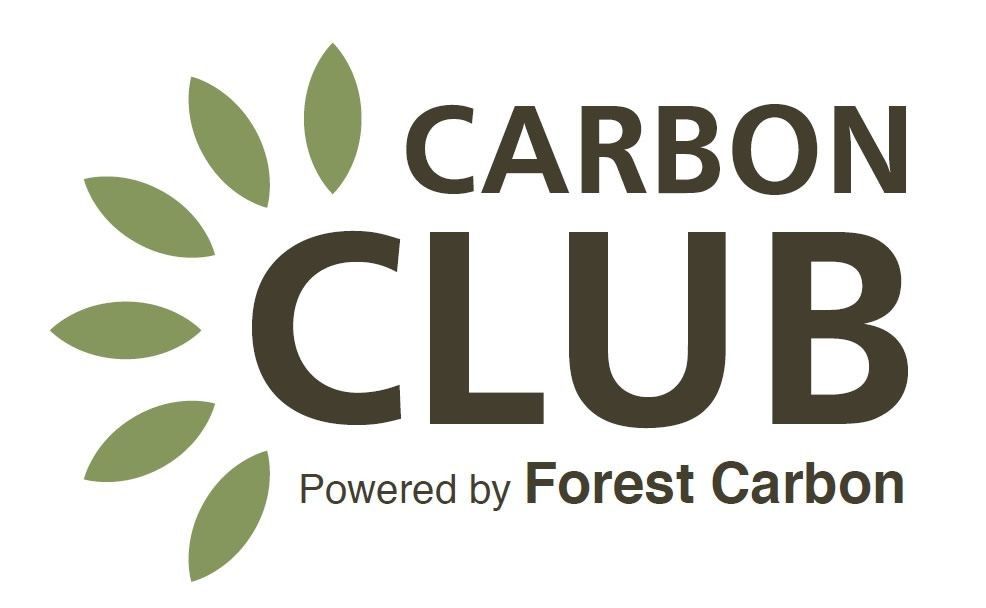Just because you have made some money, doesn’t mean you have a business.
And just because you’re making a loss or breaking even, doesn’t mean that what you are doing is a hobby.
There is a grey and wobbly line that separates the two, but it’s important to know the distinction between them. If only for the simple reason that there are plenty of penalties and piles of backdated tax to be had should HMRC deem you to be trading when you’ve been hiding behind the façade of a hobby.
So, when does a hobby become a business?
Well most of the time it actually boils down to your intent.
Do you regularly sell goods or services to make a profit?
Let’s start with an obvious one. Do you sell your goods or provide your services on a regular basis with the intention of making a profit?
The two key words in that sentence that you need to pay attention to are “profit” and “regularly”.
You know, deep down, whether you are doing something to make a profit.
You’ll also know if you are doing this on a regular basis.
Let’s use an example of an industry that HMRC have clamped down on recently and say you own a dog who has had a litter of puppies. Being unable to keep them, you have sold the puppies and ended up making a nice profit. This was a transaction that you did with the intention of making a profit, but it was a one off, so fails the regularly test.
However, if you had a couple of dogs and they had several litters a year of which you sold the puppies, this would then meet the criteria of being a trade. This is because you are regularly breeding dogs with the intend of making a profit.
Do you charge an agreed fixed price for your work?
Another test as to whether your hobby has become a business is if you charge an agreed fixed price for your goods or services.
By fixed, it doesn’t mean that you always charge the same amount. Instead it means that you decide on the price that you charge.
By agreed, it implies that you form a contract (either verbally or written) that you will produce or do something for that fixed price.
This means that, as an example, if you liked to make jewellery as a hobby and every now and again a friend or relative came to your house and saw your pieces, picked out something that they liked and offered you some money for it, that doesn’t mean that you now have a business.
However, if you started to begin to take commissions or decide to start selling your jewellery at craft fayres or online, then it is likely that HMRC would conclude that you were trading.
Are you responsible for finishing any unsatisfactory work in your own time?
How people respond to your goods or services is also an indication as to whether you are running a business.
If you make something that isn’t liked, or deemed not up to standard, are you made to rectify this?
You may find that, unless you have particularly fussy friends, that an expectation of quality only kicks in once you have agreed to make or do something in exchange for something else. In most cases, the something else is money but it could also be vouchers, donations or a swap of services.
So, if you have agreed to make a birthday cake based upon Julia Donaldson’s Stick Man but a furious parent asks you to re-do it immediately because it looks too much like a poo, then that’s a sign that you might be trading.
Do you have several customers at the same time?
For most people the point of a hobby is that you are doing something you love. It’s a break from work. A chance to switch off and unwind.
For this reason, it is highly unlikely that you would have several paying customers, all with deadlines, at the same time.
HMRC use the word customers in their description, which like in most of the other trading criteria, implies that you have agreed a fixed cost in advance and therefore, have a contract in place for you to complete the work.
This is important as, keeping with the cake example that I used previously, you may have several birthday cakes and a wedding cake to be completed in the same month. The wedding cake may be a one off paid gig, but the rest you could be doing for free for family and friends. Giving the feeling of having the deadlines and expectation of a trade, but of which only one is a customer.
Would you hire other people at your own expense to help you or to do the work for you?
Would you ever pay someone else to complete some work for you if you were unable to do it yourself?
As with the previous points, this one again goes back to having a contract in place.
If someone has paid you, or will be paying you, an agreed amount for you to produce or do something of an expected quality and within a designated timescale, you may feel an obligation to fulfil that obligation.
If you had a hobby, you could apologise and move on. If you are trading then you may consider paying someone else, so you can meet your deadline, complete the sale and maintain the goodwill.
To summarise the above
If you price your goods or services with the intention of making a profit, then you may be trading.
If you regularly sell your goods or services with the intention of making a profit, then you may be trading.
If you agree your price in advance, have a deadline and have a quality expectation, then you may be trading.
If you have several customers at one time, then you may be trading.
If you would consider paying someone else to fulfil an order or complete a service, then you may be trading.
So, it’s not a clear-cut checklist, but I think you’ll probably know when your hobby has become a business. You may find that your mindset and focus has changed. Money and profit may become more of a focus that it would be if you did something solely for the joy of it.
However, if after reading this you believe you should be self employed, here is the HMRC link for you to do so: https://www.gov.uk/log-in-file...







